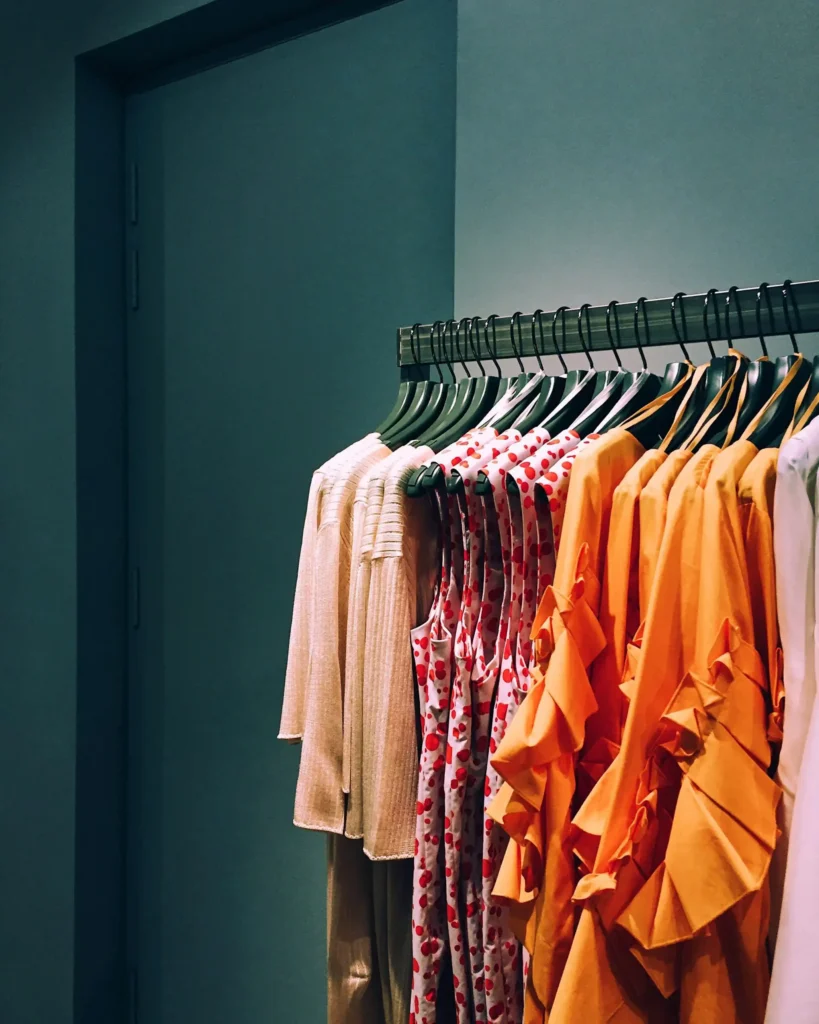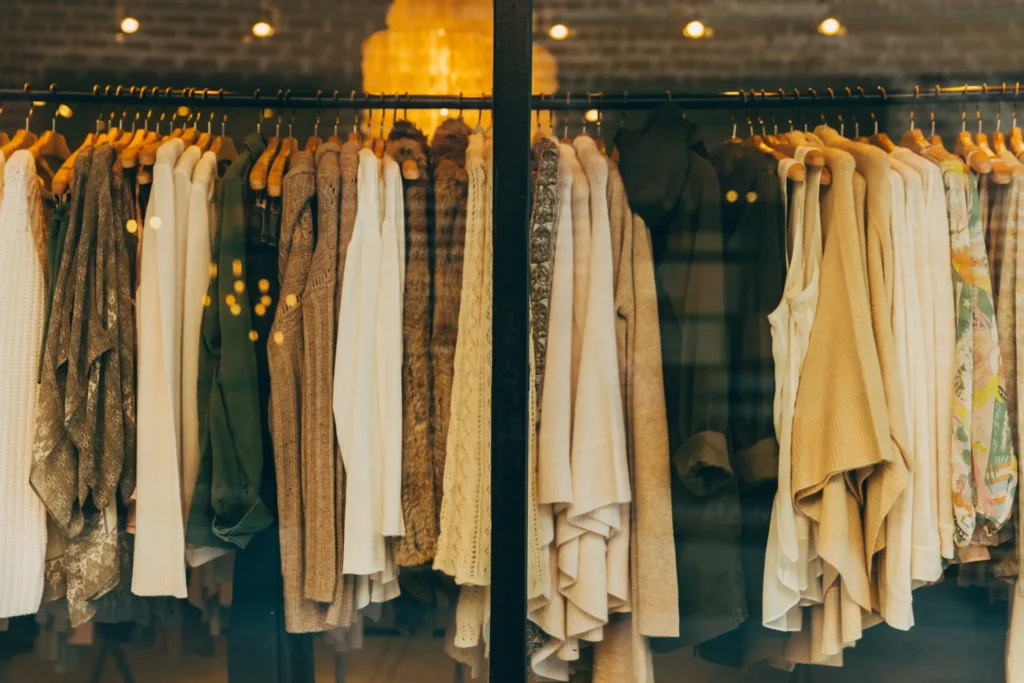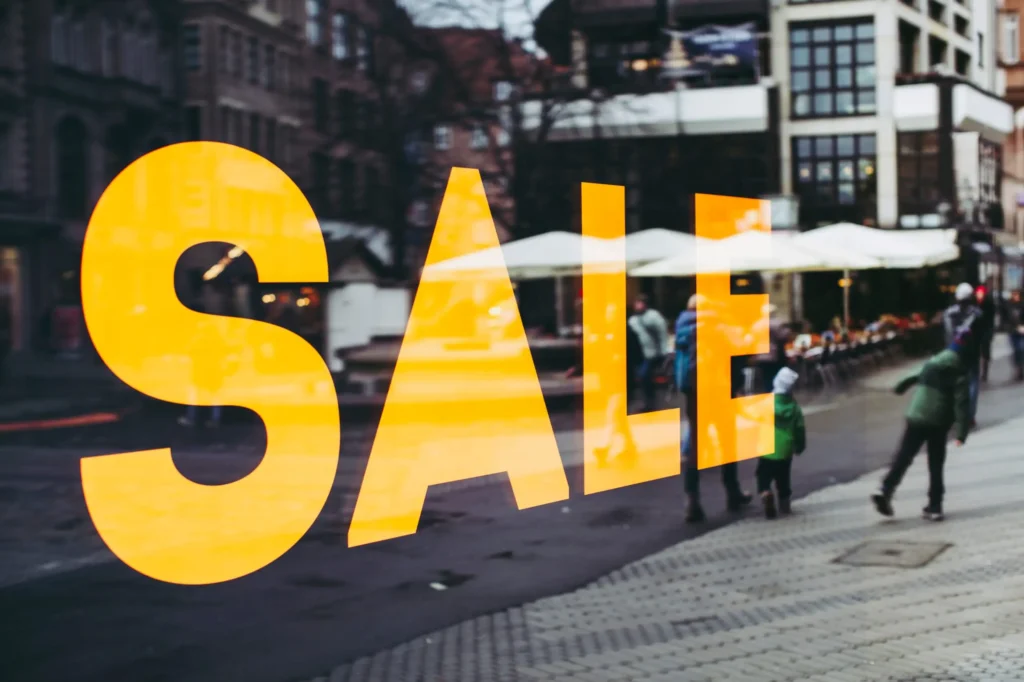Summary
- With the rise of AI technology, retailers can take a new approach to sustainability.
- AI-driven retail forecasting enhances sales and reduces waste by predicting customer trends.
- Using AI-powered retail demand forecasting allows retailers to adapt to ever-changing trend culture, minimizing overproduction and waste.
- Retailers investing in AI stay competitive while contributing to a sustainable future.
- Explore retail intelligence with AI through EDITED’s platform for smarter, sustainable decision-making.
Introduction
Fashion forecasters and retailers alike have been increasingly relying on AI to help predict trends, build assortments, and merchandise effectively over the last few years.
The reason for this is multifold. Of course, AI’s ability to accurately predict trends through data analysis, scan hundreds of millions of data points, and translate them into tangible insights is crucial. AI helps retailers create better assortments, meaning they:
- Provide their customers with products they actually want.
- Increase their own sales and revenue.
- Do not waste resources, energy, etc, creating assortments and products that end up sitting in warehouses or landfills.
In short, utilizing an AI-driven retail intelligence platform for retail demand forecasting helps you make decisions that are better for your business’s bottom line and the environment.
Accurate Demand Forecasts: Driving Sustainability in Retail
The Guardian comments, “While it’s worth remembering that AI comes with its own environmental costs, the direct incentive for using these AI forecasting tools is clear: the more accurate the forecasts, the less likely a company will be to waste resources producing clothes no one wants to buy.”
The fashion industry itself produces 92 million tonnes of waste each year that goes directly into our landfills. While AI is, of course, not a fix-all, it is a powerful tool to help businesses make better decisions when it comes to retail demand forecasting so they do not produce more than needed and produce what consumers want. These tools can be used to help retailers reduce the likelihood of inaccurate predictions, meaning they are making smarter and more customer-centric decisions, while becoming more sustainable.
Keeping Up With Trend Culture Using AI-Powered Demand Forecasting
Fashion, by its very nature, is trend-driven. In the current retail landscape, with increased digitalization and hyper-personalization, everything seems to be in a perpetual state of trending. Today’s trend might be forgotten tomorrow, making it challenging for retailers to keep up. This ever-changing landscape can lead to overproduction as companies are trying to chase every trend, often resulting in massive waste.
AI, however, excels at adapting to these shifts in consumer preferences and market trends. The Guardian explains, “[it is] important for fashion forecasters to react quickly to avoid offering their clients outdated predictions. AI tools can be particularly helpful in this regard…”
Imagine if you launched a collection for the current trend, but were too late, and once the product is stocked, the next trend has already taken over. By anticipating these changes, AI-powered retail demand forecasting helps businesses understand and prepare for these changes, allowing them to tailor their assortments accordingly. This adaptability minimizes waste, ensuring that products don’t end up as discarded excess inventory.
Conclusion
The intersection of AI and sustainability in the retail industry is ever-evolving, but it is an area in which retailers must invest if they want to remain competitive and align their operations with both their bottom line and the preservation of our planet.
While the industry’s environmental challenges are significant, AI offers a vital tool in mitigating some of these issues. By harnessing AI to predict trends accurately, adapt assortments, and personalize offerings, retailers can make a meaningful contribution to a more sustainable and productive future.
Discover how EDITED’s retail intelligence platform can help your business with retail demand forecasting today. Book your demo here.




